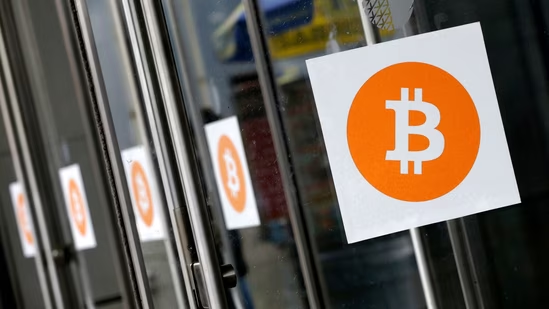Bitcoin was born as a rebellion, a decentralized, peer-to-peer alternative to traditional finance. Its founding vision promised financial sovereignty without intermediaries, empowering individuals to hold and transfer value freely. Yet, as Bitcoin gains mainstream acceptance, a paradox is emerging. Wall Street’s growing embrace of Bitcoin through exchange-traded funds (ETFs) is bringing unprecedented legitimacy but also transforming the asset into a regulated, fee-generating product.
Bitcoin’s Shift to Institutional Hands
The approval of multiple Bitcoin ETFs in major markets has unlocked new capital flows from retail investors, hedge funds, and pension plans. These vehicles simplify Bitcoin exposure by allowing investors to buy shares on traditional stock exchanges without managing private keys or wallets.
While this convenience accelerates adoption, it also centralizes control. ETFs require large custodians to hold the underlying Bitcoin, creating a handful of institutional chokepoints. The same infrastructure designed to make Bitcoin accessible risks undermining the very principles—decentralization and self-custody that made it revolutionary.
The Cost of Convenience
Custodial ETFs come with management fees, custody charges, and regulatory oversight, effectively monetizing Bitcoin’s volatility into predictable Wall Street revenue streams. Investors gain a familiar, compliant way to gain exposure but sacrifice direct ownership. The peer-to-peer network remains, but the average participant is increasingly separated from the mechanics of true Bitcoin use.
This shift also raises systemic risks. Concentrated Bitcoin holdings in a few large custodians create potential single points of failure, whether through technical vulnerabilities, regulatory crackdowns, or political pressures.
Takeaway
Bitcoin is not dying, it is adapting to a world eager to package it into traditional financial products. For those seeking convenience and regulatory clarity, ETFs provide easy access. For purists, however, this evolution represents the gradual domestication of a once-wild technology. The core question remains whether Bitcoin can maintain its decentralized ethos while thriving inside the very financial system it was designed to disrupt.

